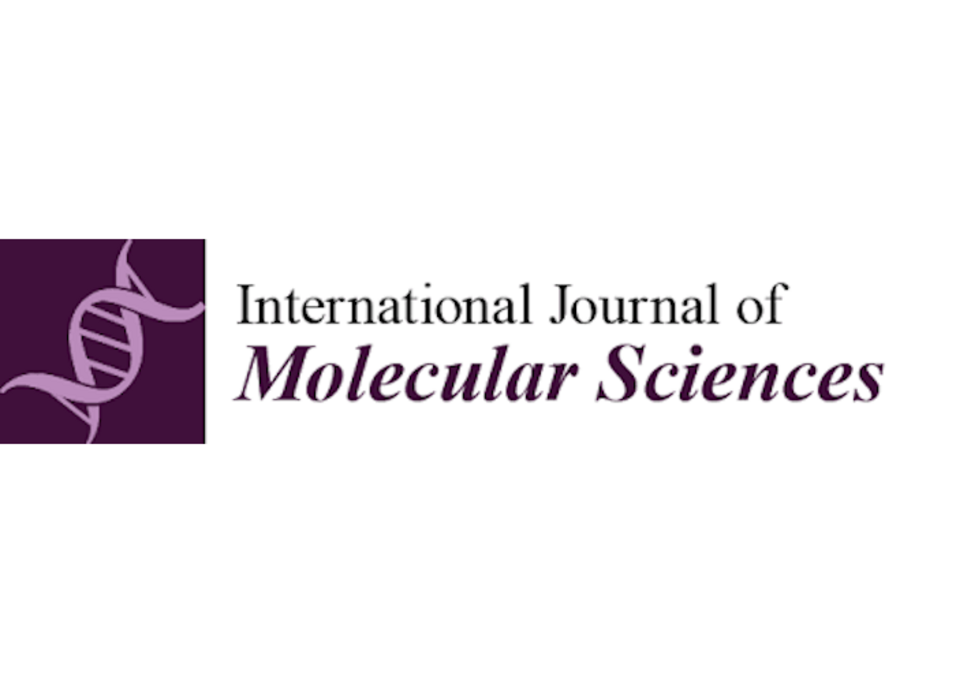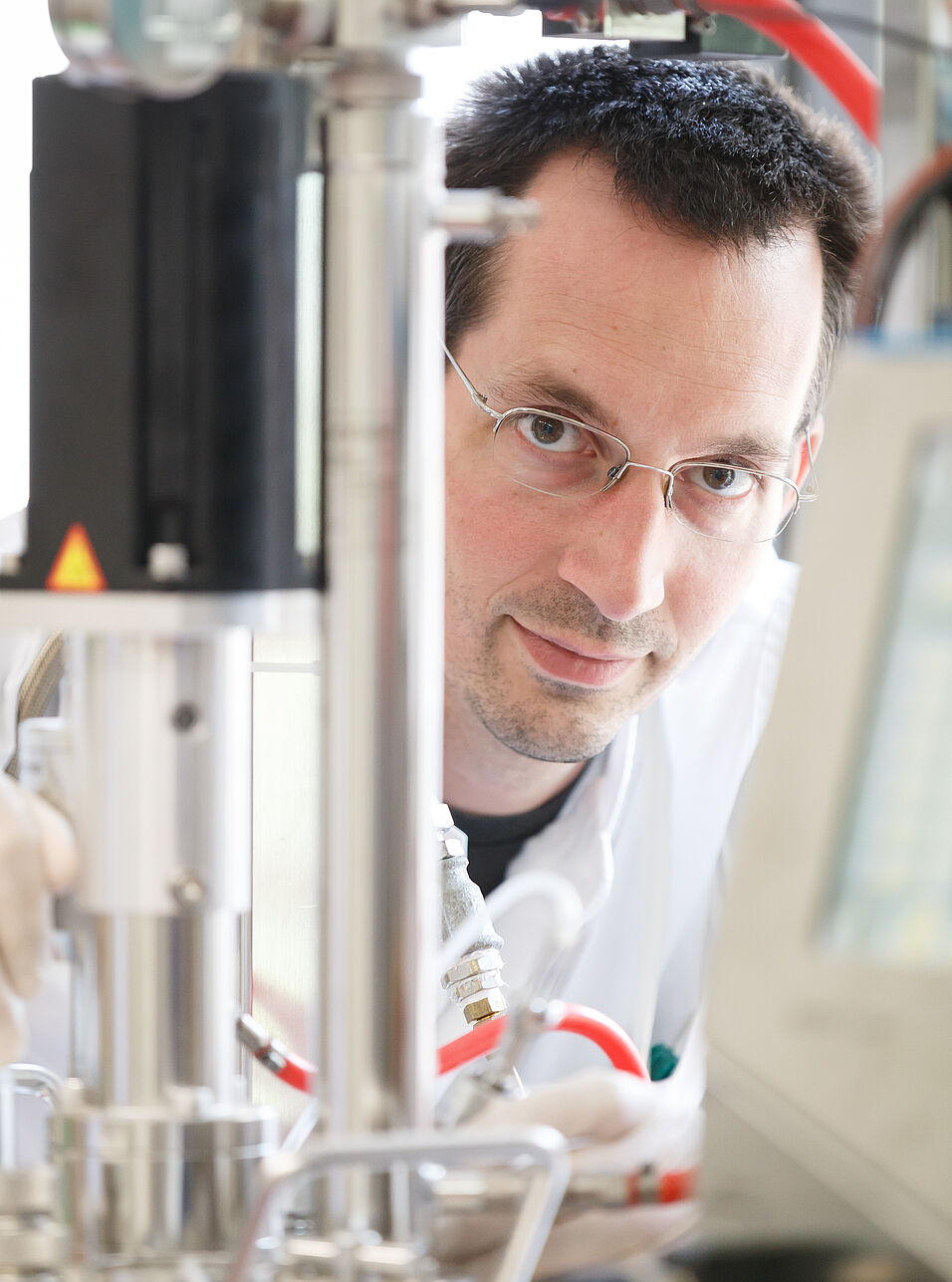Congratulations to Franziska Steger, Johanna Reich, Werner Fuchs, Simon Rittmann, Georg Gübitz, Doris Ribitsch and Günther Bochmann on their new paper in the International Journal of Molecular Sciences 23(2): 957:
"Comparison of Carbonic Anhydrases for CO2 Sequestration"
Strategies for depleting CO2 are urgently needed and carbonic anhydrases can contribute to solving this problem. Steger et al.'s results indicate the potential to utilize these enzymes from anaerobic microorganisms to develop CO2 sequestration applications.
Available here: doi.org/10.3390/ijms23020957
Full Abstract
Strategies for depleting carbon dioxide (CO2) from flue gases are urgently needed and carbonic anhydrases (CAs) can contribute to solving this problem. They catalyze the hydration of CO2 in aqueous solutions and therefore capture the CO2. However, the harsh conditions due to varying process temperatures are limiting factors for the application of enzymes. The current study aims to examine four recombinantly produced CAs from different organisms, namely CAs from Acetobacterium woodii (AwCA or CynT), Persephonella marina (PmCA), Methanobacterium thermoautotrophicum (MtaCA or Cab) and Sulphurihydrogenibium yellowstonense (SspCA). The highest expression yields and activities were found for AwCA (1814 WAU mg−1 AwCA) and PmCA (1748 WAU mg−1 PmCA). AwCA was highly stable in a mesophilic temperature range, whereas PmCA proved to be exceptionally thermostable. Our results indicate the potential to utilize CAs from anaerobic microorganisms to develop CO2 sequestration applications.


